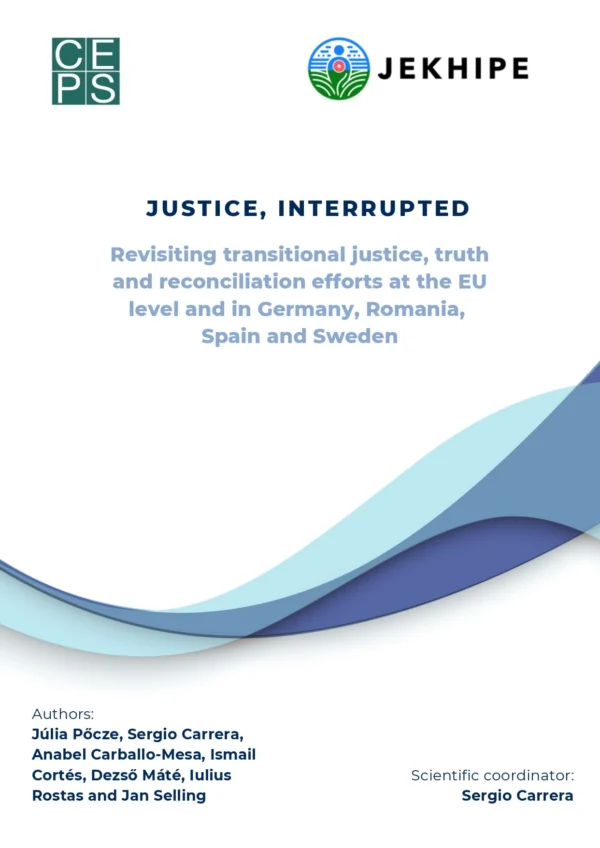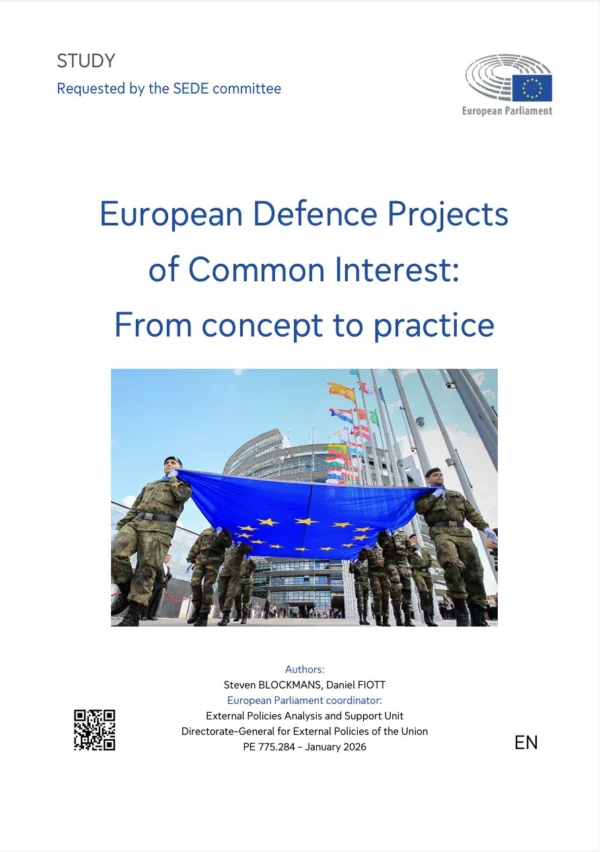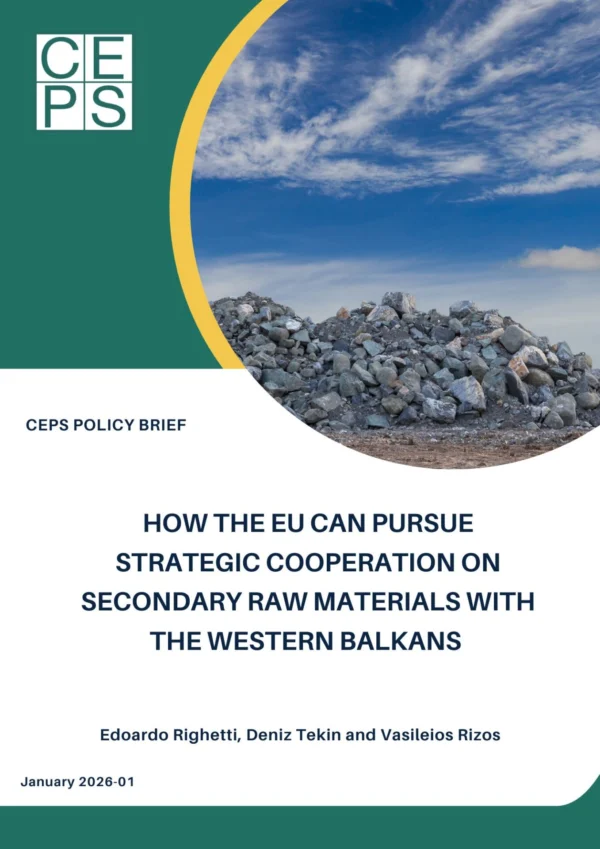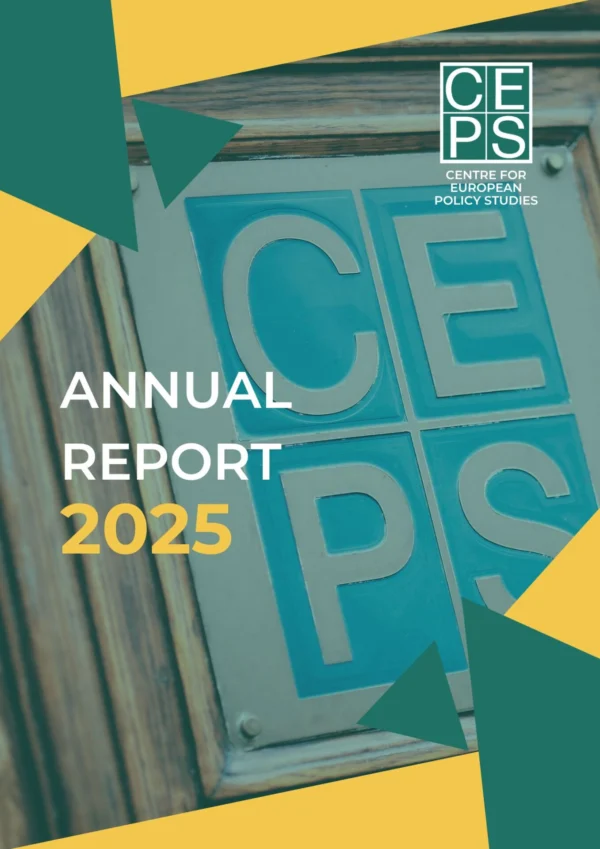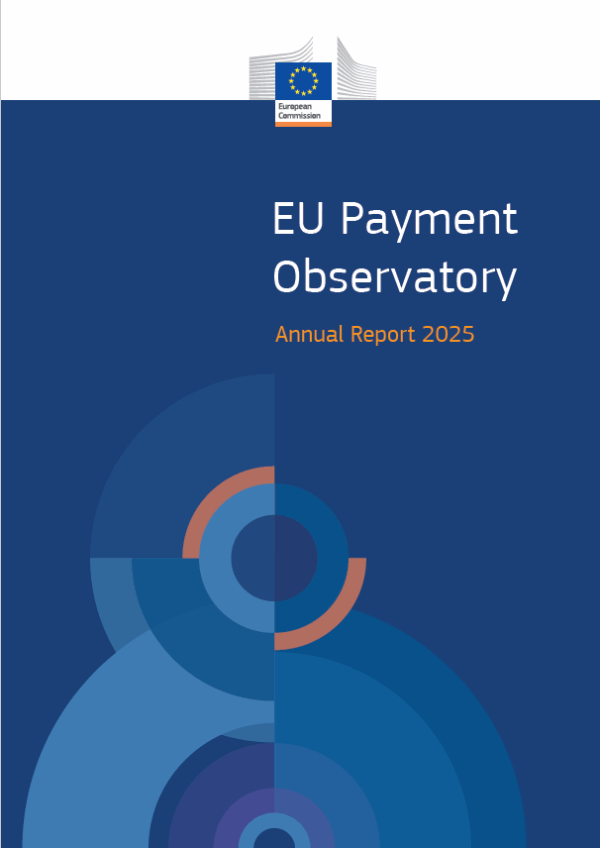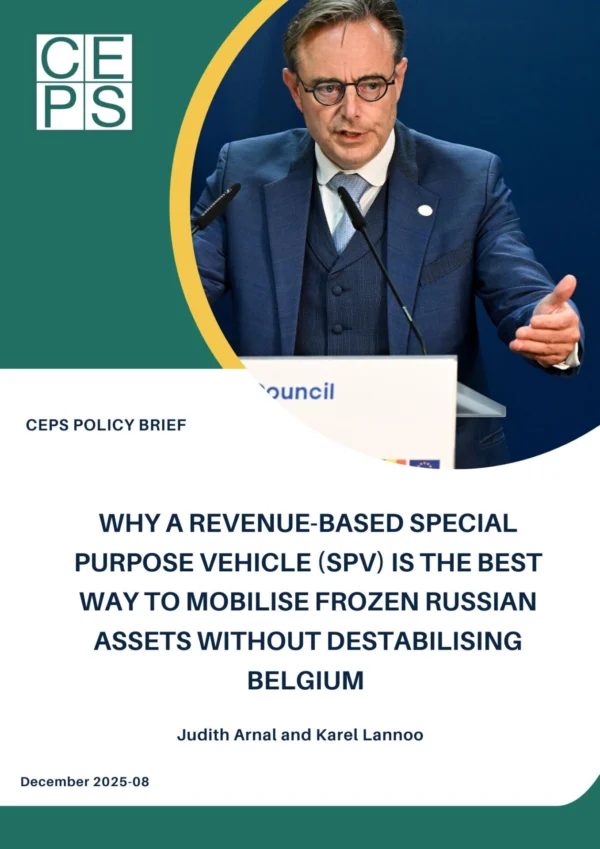Armed with the knowledge of today, a scholar revisits the US historical experience with fiscal federalism and learns how it avoided three pitfalls now facing the euro area.
The lingering crisis of the euro area has made leading observers call for the completion of the economic and monetary union with fiscal federalism. They point to the US federation as the example to emulate. Opponents can point to evidence from US history that strong fiscal capacities at the federal level lead to free-riding at the member state level, with “spectacular debt accumulation and disastrous failures of macroeconomic policy” (Rodden, 2006: 2) in its wake. This paper revisits the historical US evidence with the knowledge of today. It takes lessons from the euro area crisis to see whether they apply to the history of the US dollar area. The first lesson asks whether political-fiscal union should come before monetary union; a second lesson concerns the need for fiscal union; and the final lesson is about the question where fiscal discipline should be located in a monetary union. Lessons from the euro area crisis reveal trade-offs that neither monetary union can evade. This becomes apparent if one looks at the interfaces of a fiscal federation with financial and monetary integration.
Waltraud Schelkle is Associate Professor of Political Economy at the European Institute, London School of Economics and Political Science. Parts of this paper were presented at the EUI workshop on “Fiscal federalism for the euro area?” in December 2016, at the ADEMU conference at the Bank of Spain in May 2017, and at a workshop at CEPS in Brussels, in July 2017.

